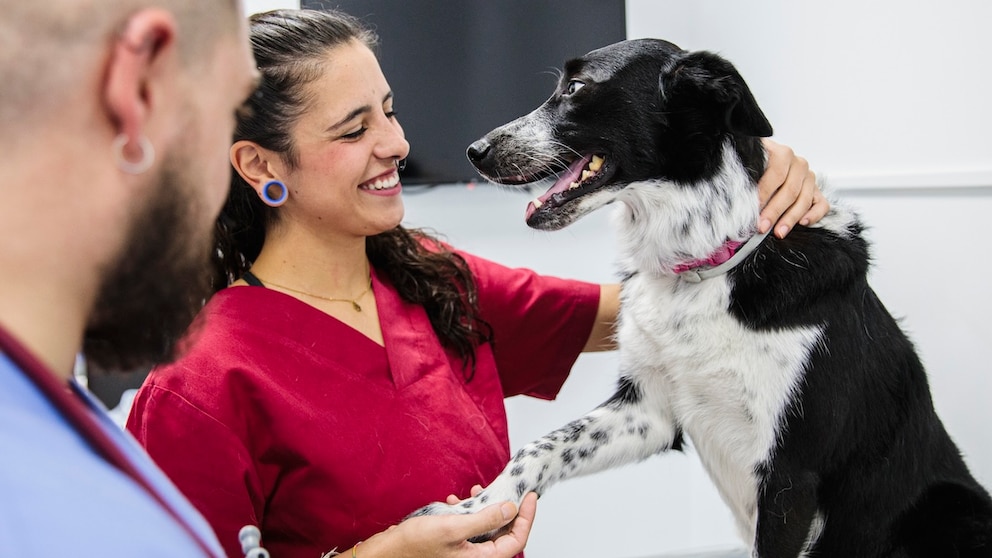October 24, 2024, 11:21 am | Read time: 3 minutes
Opinions differ on the question of whether dogs should be sterilized or castrated. But can vaccination actually be used as a contraceptive method? According to research from Chile, yes!
Dogs remain fertile throughout their lives. If you want to prevent unwanted offspring, you must, therefore, have your four-legged friend castrated or sterilized. However, strictly speaking, vets are not legally permitted to remove healthy organs without a medical reason. This also applies to the testicles and the uterus. In addition, the procedure can result in a long recovery period, especially for female dogs after abdominal surgery. And yet, there is always the risk of unwanted pregnancy, false pregnancies, and tumors on the mammary gland in uncastrated animals. A new type of vaccination that sterilizes dogs for a year could make surgery superfluous. It would thus be a revolution in veterinary medicine.
Castrate, sterilize, vaccinate?
Until now, there have been three methods for dogs to avoid unwanted reproduction. One is castration, which involves removing the animal’s sexual organs – the uterus and ovaries in bitches and the testicles in males. Another option is sterilization. This is usually a minor procedure in which only the egg and sperm ducts are severed. However, the animal’s sex drive remains intact.
Another option is temporary chemical castration, in which dogs are implanted with a chip that suppresses hormone production and is intended to simulate the effect of an operation. This is because a reduction in sex hormones can lead to an improvement in male dogs that are prone to territorial behavior. However, chemical castration is controversial.
The new type of vaccination could now be added as a fourth option. It is designed to sterilize dogs for up to a year. It was developed by Professor Leonardo Saenz and his team at the University of Chile. The researchers have been working on this since 2009, as reported by the Reuters news agency, among others.

Veterinary medicine What is the difference between castration and sterilization?

Not always clear How to determine the sex of rabbits

Breeding behavior Why do pet birds lay unfertilized eggs?
Will it soon be possible to sterilize your dog by vaccination in Germany?
The immuno-castration vaccine is sold under the name Egalitte. After vaccination, antibodies are formed that prevent the generation of sex hormones in dogs. Seanz explained to Reuters that this is a gonadotropin, which is blocked, and consequently, no more sex hormones are released. “[T]he animal is in a state of castration,” he explained.
The drug is equally effective in males and females, and one dose costs 50,000 Chilean pesos, the equivalent of around 49 euros. As Phys.org reports, the Egalitte vaccine has already been patented in other countries, including Brazil, Argentina, the USA, and the European Union. This means that the active ingredient will probably soon be available in Germany, too.
However, Saenz believes that the use of Egalitte is not limited to veterinary practices. The less invasive and relatively inexpensive procedure could also be used to castrate animals on a larger scale. “An injection is much easier, and you can vaccinate a larger number of animals if you need to control reproduction,” he told Reuters. The vaccine could, therefore, also make a major contribution to animal welfare by preventing the uncontrolled reproduction of stray animals and thus reducing animal suffering.

